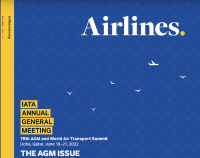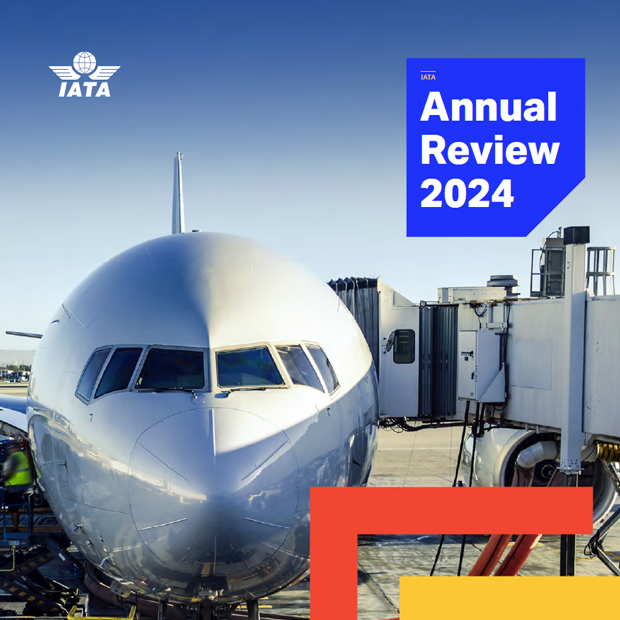The panel explored issues around the Ukraine–Russia war and its wider implications. There was broad agreement that the direct economic impacts on aviation were limited, but the political and economic reverberations were potentially profound.
The increase in the price of oil and food is likely to lead to political instability similar to the 1970s. Nick Allan (Control Risks) described a recent leftward shift in leadership in various parts of the world. The effect of higher oil price on decarbonization was debated. Henrik Hololei (DG MOVE) was clear that the Russian invasion had shown that “we cannot any more be complacent about (energy transition)”. Malika Ishwaran (Shell) noted that energy supply issues and prices were not solely due to the war but also volatility that was resulting from a lack of investment in fossil fuels in favour of renewables. Gideon Rachman (FT) described it as a “bonanza for coal.”
It was noted that the geographical split between China and Russia on one side and ‘the West’ on another had been underway for a number of years. Allan pointed out that we were living through “a fragmentation of the international rules-based order” and that this was not limited to major breaches such as Russia-Ukraine but was also evident in things like the British threats to the Brexit agreement or Hungary’s role within the EU. Hololei feared that we were in for a long haul in the war though he hoped it would not “define the next ten years.”
But the panel was not united on the extent to which this breakdown marked an irrevocable collapse of globalization. Rachman felt that although globalization had received “a bad rap”, people would soon be looking back on it as a “golden era”. Whereas Ishwaran felt that while the benefits felt by globalization “were fading” it was more of a “realignment than a collapse”. None were too optimistic about the future, Hololei noting that “we are in permanent crisis mode” in recent years. But pushed to think of reasons, Allan suggested that medical advances were improving quality of life, and Ishwaran suggested that there was a stronger appetite for investment in alternative energy. Rachman expressed the hope that Putin may have “overstepped the mark,” meaning that it might be a turning point in the success of the “era of the strongman.”



